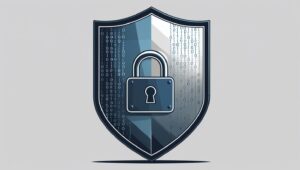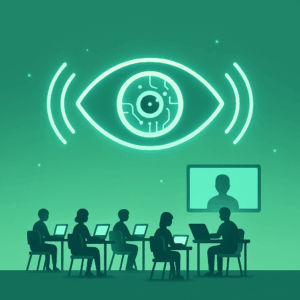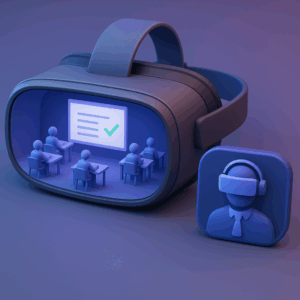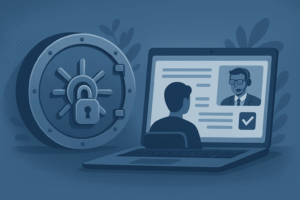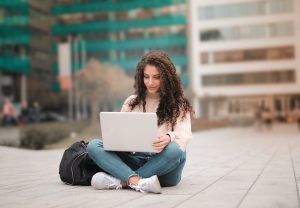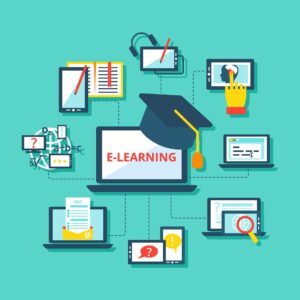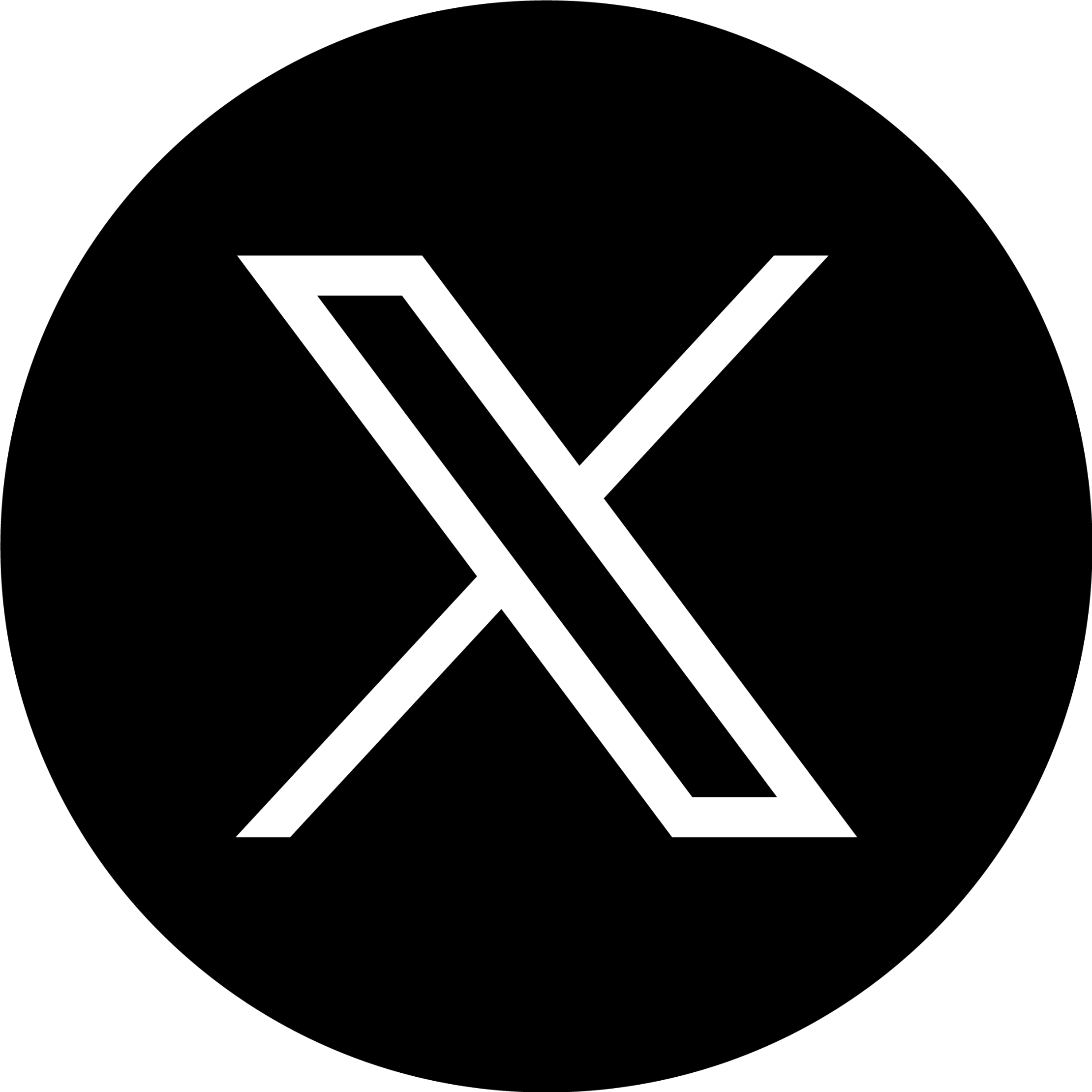Learning and formal learning have been a huge part of human civilization. With the changing times, the face & format has seen a massive evolution in the entire learning structure across the globe. The biggest shift in learning came when technology made its way into the structure.
Technology & specifically the internet, has been a game-changer element for sure. Students & teachers have never been so empowered & unshackled in the process of learning.
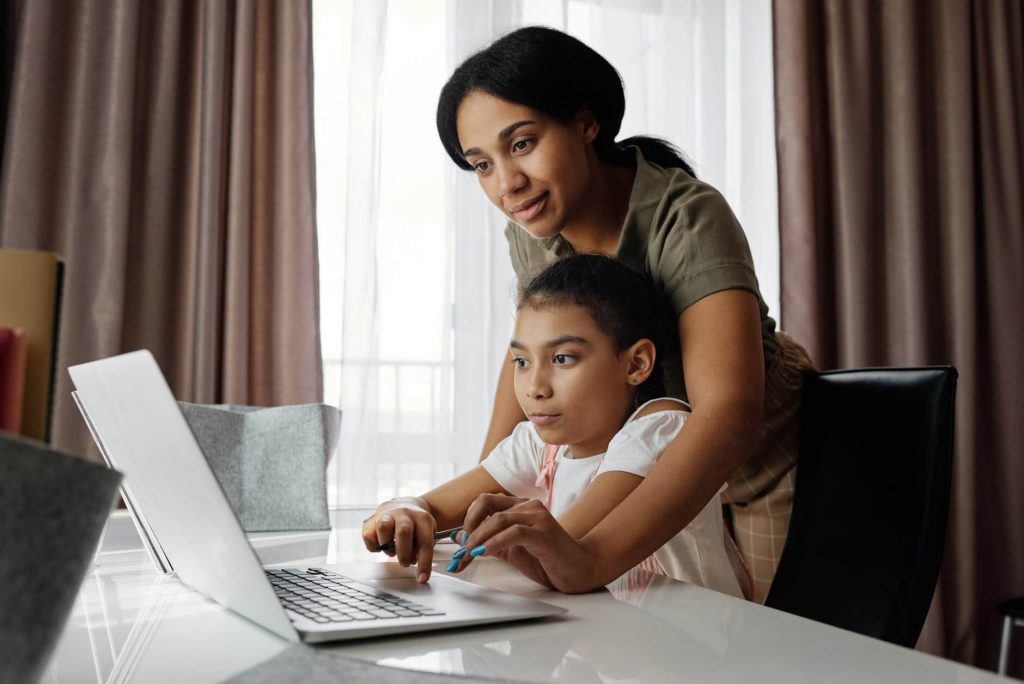
Blended Learning: Definition
In simple words, blended education is a mixed method of learning that uses traditional as well as modern learning tools. As we all know & we have been a part of conventional learning tools like a conventional K-12 classroom structure where teachers & students get together & learning happens. In the blended method, the teacher & students both make use of technology-enabled tools to make digital education possible.
Inception & History
With the onset of information technology & internet, to be precise, blended learning came into practice during the late 1990s. Providing the platform to communicate without being present in a commonplace was achieved during this era. This was quite a revolution in its way, and it helped several students to have access to some of the skilled but remotely based teachers & institutions. Hence, effective learning became more and more accessible.

Models to Implement Blended Learning
To make a hybrid learning structure possible, several tech aids & tools are available. These tools form specific customizable models which can be used to create an appropriate & effective online learning environment.
Enriched Virtual:
This model helps in a scenario where distance learning students may complete the majority curriculum online & may visit the classroom for additional support or guidance. Here, the teacher can solely focus on helping the students to gain an extra grip over a subject or clearing out their specific queries.
Rotational Model:
This is probably the most commonly used model in blended learning environments. In simpler words, students rotate between different learning modalities as instructed by the teacher. For example, a teacher uses methods such as blackboard, small group discussions, and book reading sessions & here online teaching app becomes one of them.
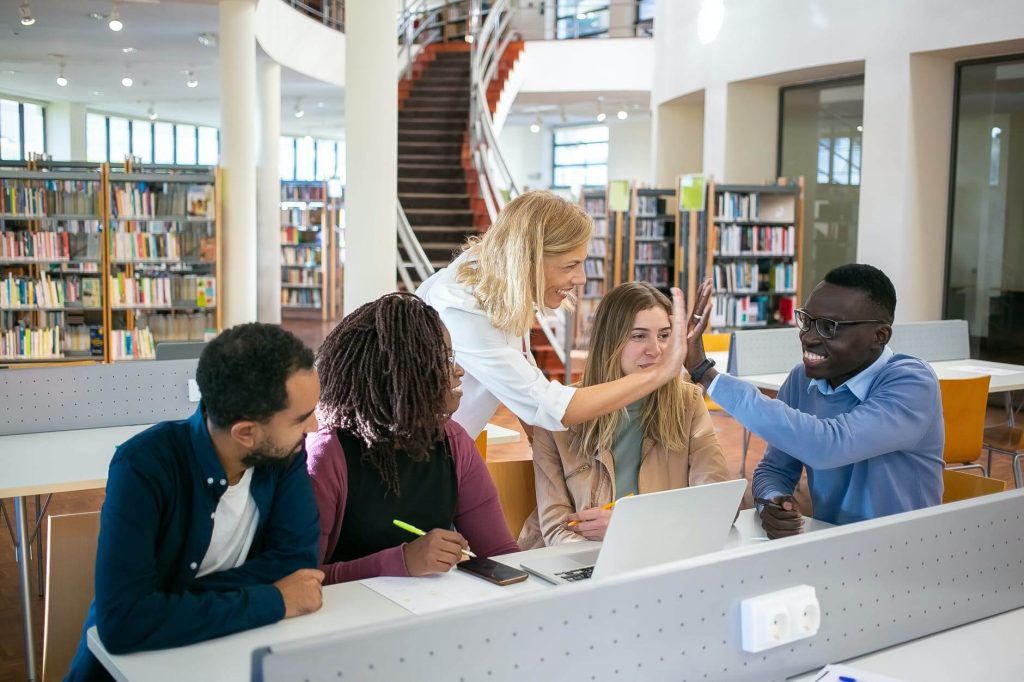
Station Rotation:
In this model, students rotate across different classrooms or sometimes within one classroom. As a part of this particular blended learning model, they may use tools such as computers to access the online-based content of the course they are undertaking.
Lab Rotation:
There is a very negligible difference between station rotation & lab rotation model. Here students utilize the computers in a dedicated computer lab rather than in their classrooms.
Individual Rotation:
Here, the rotation between modalities is not standardized by the teacher. The frequency & timeline for each student across modalities is prescribed basis the individual need of each one. This model is fairly adjustable & caters to everyone’s needs appropriately.
Flex Model:
This model is developed to help the not-so-conventional learners. Here the entire curriculum & related instructions are provided online. The students are conditioned & encouraged to learn & develop concepts online only. Though as additional support, teachers are present on-site to guide on a timely basis.
Flipped Classroom:
Flipped classroom method is probably the favorite online blended learning solution for secondary school students. Students are expected to undertake their lessons online using technology-enabled tools & classrooms are used for more interactive learning methods. For example, a lesson is learnt by the students at home online & the K-12 classroom time is used to do homework where a teacher is present physically to assist.
How Can Blended Learning Benefit K-12 Classrooms?
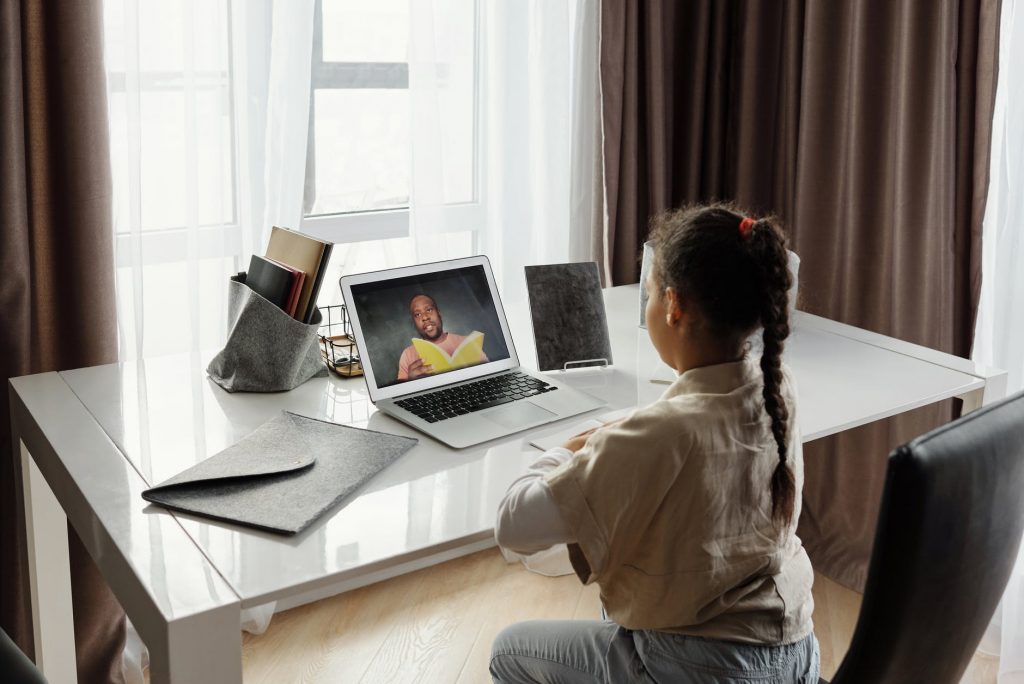
Enhanced Flexibility:
One of the biggest & most important benefits of a blended learning solution is flexibility which has been its biggest USP. Teachers, as well as students, can use the technology to schedule their activities & prioritised between different modalities. Also, it defeats the constraints of timings & time zone. Students can access the study material at their convenient time & teachers can provide detailed feedback without the pressure of deadlines.
Personalized Learning:
This benefit proves that one size doesn’t fit all. Especially in the online learning process where different students may have a different level of understanding, blended learning tools can come handy for the teachers. They can modify the learning process using different tools & resources to make it more effective for each & every learner.
Comprehensive Feedback:
As blended learning, methods do not operate on conventional grounds; it gives the teachers greater scope to evaluate students’ progress. Teachers can make good use of the technology & traditional methods in combination to create a more transparent feedback mechanism.
Better Engagement:
Human brain has a habit of getting bored which is an undeniable fact. That is why blended learning can garner better productivity from teachers & students. Here both parties can use the EdTech tools to feel more engaged with the learning process. Which eventually helps them to derive better results with enhanced motivation.

Innovative Tools to Aid Online Blended Learning in Education Sector
Tech companies across the globe have developed & launched several useful tools & gadgets to make blended learning possible for the education sector. These resources help the learning process be engaging, transparent & accessible on a massive scale. Let us take a look at some of the top tools at a glance.
- Comprehensive LMS (Learning Management System)
- Educational Games
- Interactive Posters
- Digital Badges
- Webinars
- AI-Enabled Simulations
Blended Learning: A Win-Win Situation
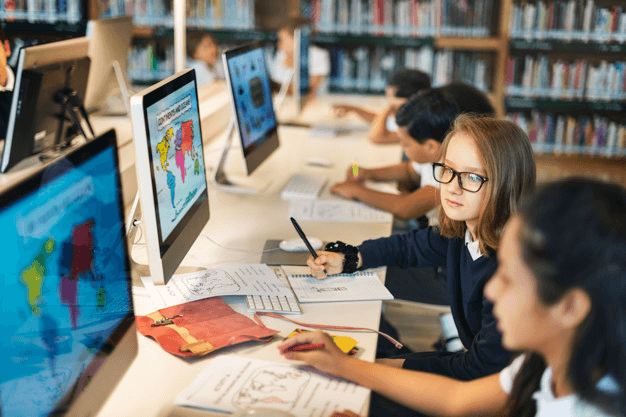
The revolution of blended learning has brought the sector of education closer like never before. Teachers & educators have better tools & methods to impart knowledge & measure the student’s progress. On the other hand, students are making great use of accessible, transparent & advanced learning tools. Such a hybrid learning structure has broken the traditional barriers of learning & brought the world on the same platform which helps the exchange of knowledge seamless.

